Will Gary Lineker's departure be an own goal for the BBC?
Former star striker turned highest-paid presenter will leave Match of the Day after 25 years, with BBC head of sport reportedly declining to offer him a contract
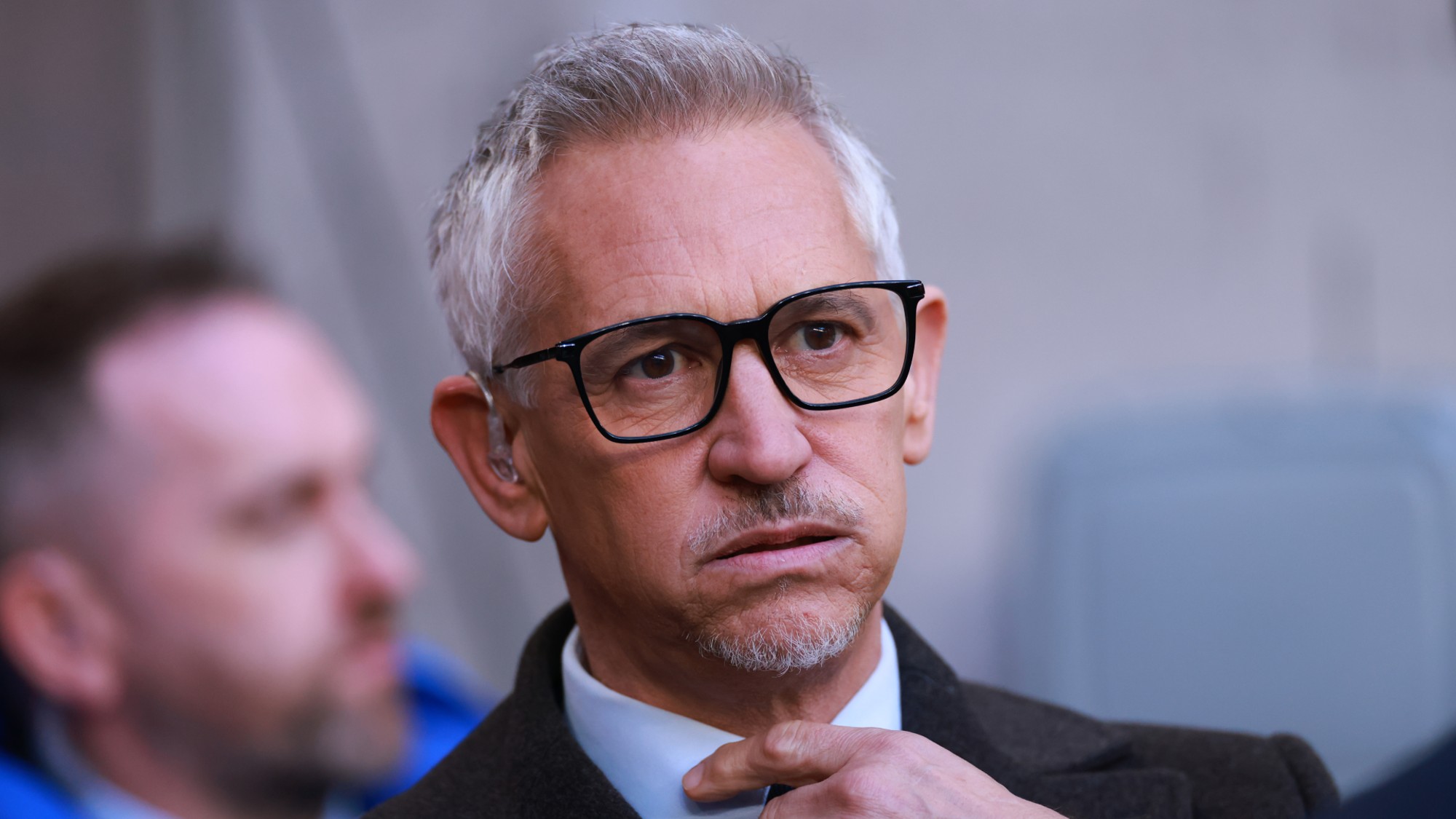
A free daily email with the biggest news stories of the day – and the best features from TheWeek.com
You are now subscribed
Your newsletter sign-up was successful
The tempestuous relationship between Gary Lineker and the BBC has drawn to a close with the news that the broadcaster reportedly declined to extend Lineker's contract as host of "Match of the Day".
The 63-year-old former footballer turned podcast mogul has fronted the flagship Saturday-night football show since 1999, but will end his quarter-century stint on the chair at the end of this season, after becoming a "lightning rod for criticism over impartiality" in recent years, said the Daily Mail.
The former Tottenham, Everton, Leicester and Barcelona striker, with 80 caps for England, was briefly suspended by the BBC in 2023 after tweeting criticism of the Conservative government policy. But he is also regularly in the media crosshairs for his declared annual salary of £1.35 million, making him the broadcaster's highest-paid presenter – despite never actually being a BBC employee.
The Week
Escape your echo chamber. Get the facts behind the news, plus analysis from multiple perspectives.

Sign up for The Week's Free Newsletters
From our morning news briefing to a weekly Good News Newsletter, get the best of The Week delivered directly to your inbox.
From our morning news briefing to a weekly Good News Newsletter, get the best of The Week delivered directly to your inbox.
What did the commentators say?
When Des Lynam "hung up his moustache and walked away" from presenting "Match of the Day" in 1999, BBC bosses were faced with a conundrum, said The Independent's chief TV critic Nick Hilton. Who could fill the shoes of the popular "sporting polymath"? "The answer was Gary Lineker."
He was already familiar to viewers thanks to his "stellar on-pitch career", his 48 goals for England and various BBC presenting jobs. So he found himself in "one of the biggest jobs in football media", which turned him from a "fox in the box" striker to "one of the nation's top broadcasters". And for 25 years, he has been an "effective steward for the programme", with his "easy self-effacing charm".
But his "friction" with the Beeb grew alongside the success of his podcast empire, and he began unleashing "deeply political" opinions online. Last year he was suspended for a tweet that compared Suella Braverman's small boats rhetoric with language "used by Germany in the Thirties". After that, "the writing was on the wall".
The BBC has even "quashed claims that he quit", said the Daily Mail. Its new director of sport, Alex Kay-Jelski, did not offer him a contract. It is an "open secret" that Kay-Jelski is "not exactly close" to Lineker, a source told the paper. Kay-Jelski is keen to "slash spending and give the show a facelift without him". The BBC is in "difficulties financially"; the move will "save them a fortune".
A free daily email with the biggest news stories of the day – and the best features from TheWeek.com
Former BBC director-general and ex-FA chairman Greg Dyke said Lineker's "penchant for giving personal views will have been 'in the mind' of the BBC when they decided to go for a new host", according to the paper. "In the end, people watch 'Match of the Day' for the football," said Dyke.
But for how much longer?, asked Kevin Garside, chief sports correspondent for the i news site. In the streaming era, MOTD feels like a "relic of the analogue age". Lineker's "playful charm, intelligence and insight" held it together, but the zeitgeist has "moved on".
What's the point of it anyway, starting seven-and-a-half hours after 3pm kick-offs, when the goals are online from 5:15pm? The Saturday-night slot is "wholly unsuited to a modern audience steeped in social media". Without Lineker, it's unclear what Kay-Jelski might do to "hang on to market share": this is a "huge gamble".
Lineker, sitting on a reported pension pot of £30 million and a "booming" podcast business, is "hardly bruised by the outcome". His departure "feels more like a defeat for the BBC" than for him.
Ultimately, this is "by far the most amicable separation either side could have hoped for", said Alan Tyers for The Telegraph. The BBC can rid itself of a "turbulent priest" without having to confront the issue of its best-paid star "consistently making a scene" and soapboxing at will, even while the corporation "insists it is impartial". By the end Lineker had become bigger than the BBC's football offering; he had "become the story".
What next?
Lineker has negotiated a contract extension that takes him until the end of the 2026 season. He will stay on for specific coverage like the FA Cup Final before ending by presenting the 2026 World Cup in the US, Canada and Mexico. Speculation is growing over who will replace him in the MOTD chair, with Alex Scott, Mark Chapman and Gabby Logan thought to be in the running.
But the value of the late-night Saturday TV slot has shrunk so much that ITV, Channel 4 and Channel 5 did not even bid for the rights to MOTD in the 2025-2029 pitch, said the i news site's Garside. Saturday's match schedules are "set to shrink further from next season"; MOTD faces "an even greater struggle on a diet of Crystal Palace, Fulham and Brentford".
Ultimately Lineker will be "remembered, fondly, as a terrifically urbane ex-pro", said Hilton for The Independent. But it is "hard not to suspect" that MOTD will miss Lineker far more than he will miss it.
Harriet Marsden is a senior staff writer and podcast panellist for The Week, covering world news and writing the weekly Global Digest newsletter. Before joining the site in 2023, she was a freelance journalist for seven years, working for The Guardian, The Times and The Independent among others, and regularly appearing on radio shows. In 2021, she was awarded the “journalist-at-large” fellowship by the Local Trust charity, and spent a year travelling independently to some of England’s most deprived areas to write about community activism. She has a master’s in international journalism from City University, and has also worked in Bolivia, Colombia and Spain.
-
 Political cartoons for February 16
Political cartoons for February 16Cartoons Monday’s political cartoons include President's Day, a valentine from the Epstein files, and more
-
 Regent Hong Kong: a tranquil haven with a prime waterfront spot
Regent Hong Kong: a tranquil haven with a prime waterfront spotThe Week Recommends The trendy hotel recently underwent an extensive two-year revamp
-
 The problem with diagnosing profound autism
The problem with diagnosing profound autismThe Explainer Experts are reconsidering the idea of autism as a spectrum, which could impact diagnoses and policy making for the condition
-
 The 9 best steroid-free players who should be in the Baseball Hall of Fame
The 9 best steroid-free players who should be in the Baseball Hall of Famein depth These athletes’ exploits were both real and spectacular
-
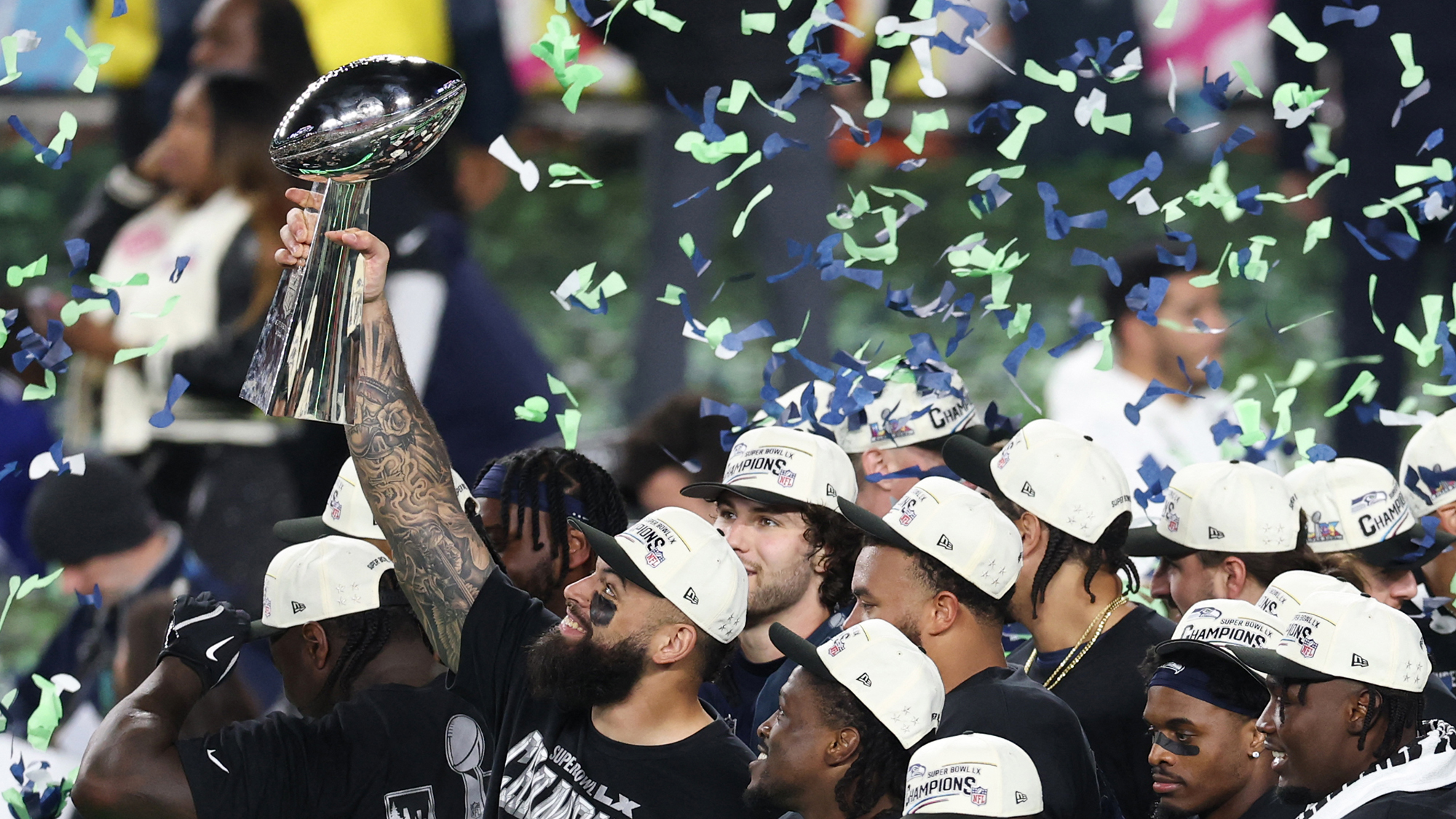 Seahawks trounce Patriots in Super Bowl LX
Seahawks trounce Patriots in Super Bowl LXSpeed Read The Seattle Seahawks won their second Super Bowl against the New England Patriots
-
 History-making moments of Super Bowl halftime shows past
History-making moments of Super Bowl halftime shows pastin depth From Prince to Gloria Estefan, the shows have been filled with memorable events
-
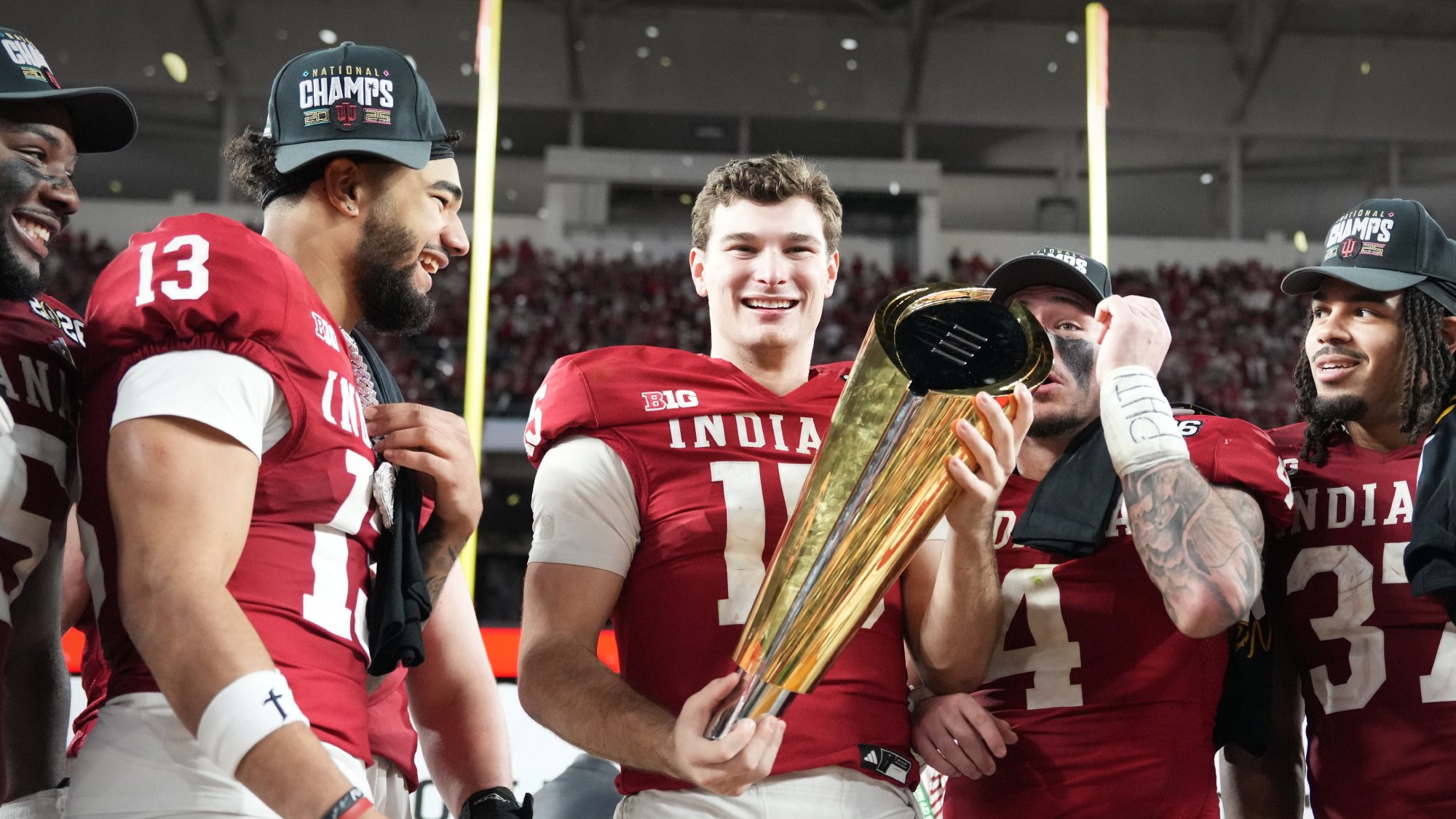 Indiana beats Miami for college football title
Indiana beats Miami for college football titleSpeed Read The victory completed Indiana’s unbeaten season
-
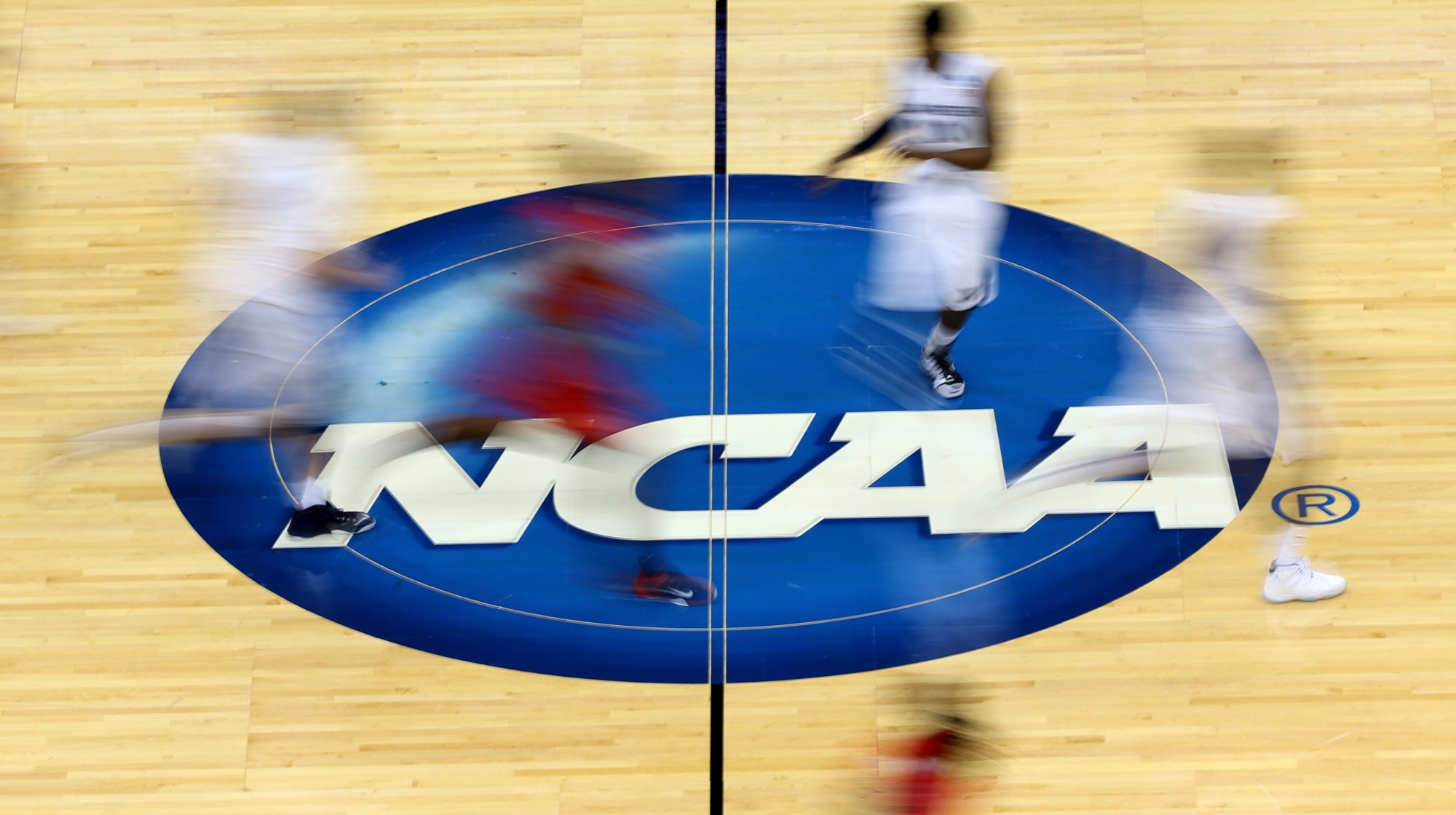 Dozens charged in NCAA game-rigging case
Dozens charged in NCAA game-rigging caseSpeed Read The schemes allegedly involved fixers who paid $10,000 to $30,000 for each rigged game
-
 The US Olympic figure skating team might be the ‘greatest’ ever
The US Olympic figure skating team might be the ‘greatest’ everIn the Spotlight The team will take to the ice in February
-
 Who is to blame for Maccabi Tel Aviv fan-ban blunder?
Who is to blame for Maccabi Tel Aviv fan-ban blunder?Today’s Big Question MPs call for resignation of West Midlands Police chief constable over ‘dodgy’ justification of ban from Aston Villa match, but role of Birmingham Safety Advisory Group also under scrutiny
-
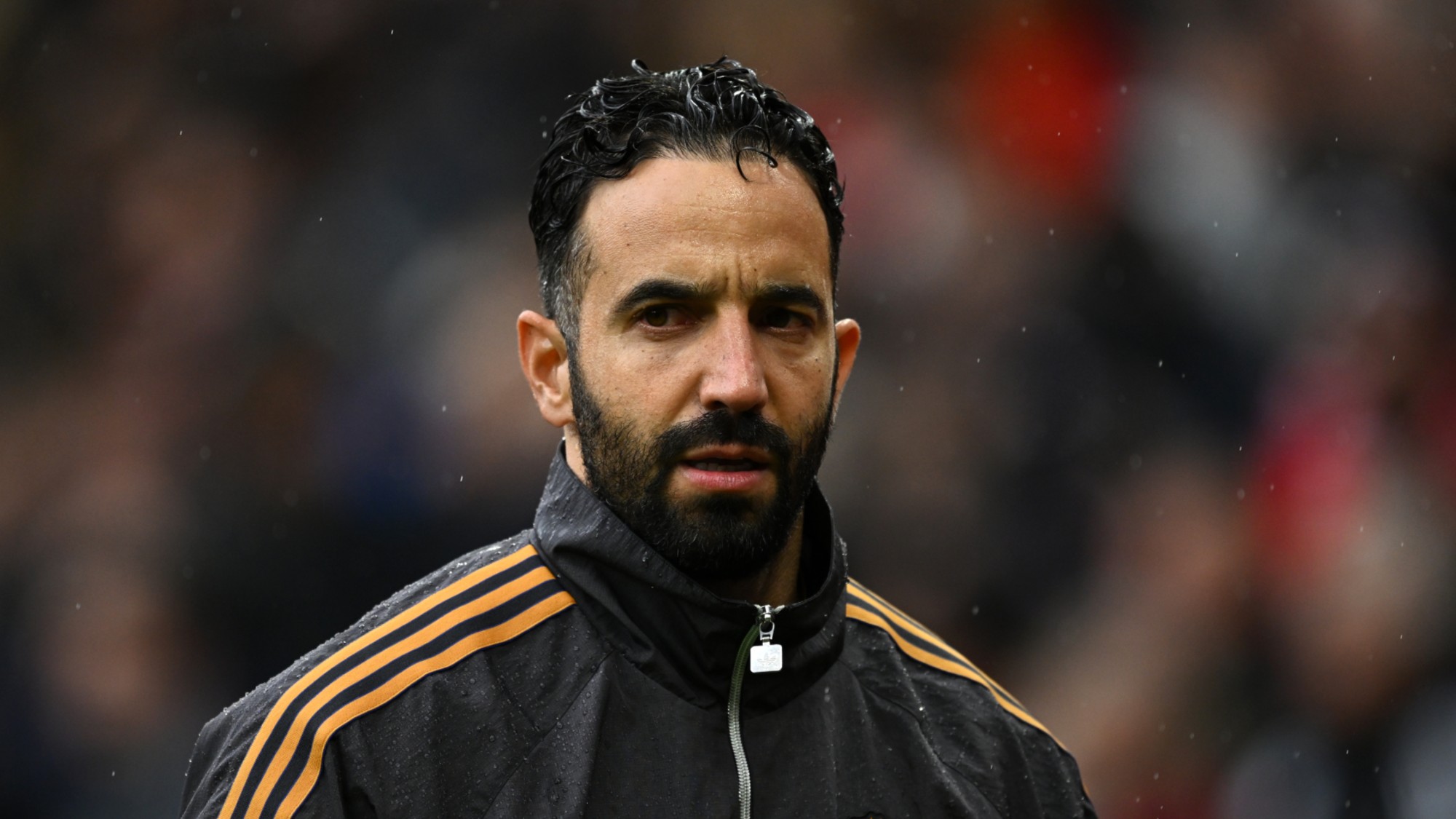 Amorim follows Maresca out of Premier League after ‘awful’ season
Amorim follows Maresca out of Premier League after ‘awful’ seasonIn the Spotlight Manchester United head coach sacked after dismal results and outburst against leadership, echoing comments by Chelsea boss when he quit last week